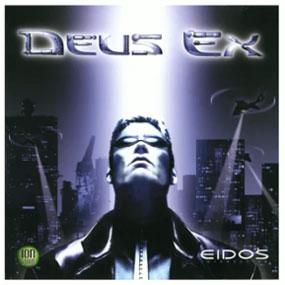The Supreme Court
ruled today that a California law criminalizing the sale of violent video games to minors violates the First Amendment. In the ruling that ended the six-year-old case, Justices Antonin Scalia, Samuel Alito, Anthony Kennedy, Ruth Bader Ginsburg, Sonia Sotomayor, Elena Kagan and Chief Justice John Roberts formed the majority. Clarence Thomas and Steven Breyer dissented. Writing for the majority,
Scalia said, "The basic principles of freedom of speech . . . do not vary with a new and different communication medium." Scalia said California's arguments "would fare better if there were a longstanding tradition in this country of specially restricting children's access to depictions of violence, but there is none." In a separate opinion, Alito and Roberts acknowledged their concern about the increasing violence seen in video games, but believed California's law was too vague in describing exactly what kind of violence would make sales to minors illegal. In his dissent, Thomas wrote that history demonstrates the founders "believed parents to have complete authority over their minor children and expected parents to direct the development of those children." Thus, the role of controlling a child's access to games is the parent's, not the state's. Breyer's dissent focused on a possible double standard between violence and sex, writing:
What sense does it make to forbid selling to a 13-year-old boy a magazine with an image of a nude woman, while protecting a sale to that 13 year-old of an interactive video game in which he actively, but virtually, binds and gags the woman, then tortures and kills her? What kind of First Amendment would permit the government to protect children by restrict-ing sales of that extremely violent video game only when the woman-bound, gagged, tortured, and killed-is also topless?
The law's author, State Sen. Leland Yee (D-San Francisco) saw at least
something constructive in the ruling: At least four justices, he said, thought a narrower law could be constitutional. But:
“Unfortunately, the majority of the Supreme Court once again put the interests of corporate America before the interests of our children … As a result of their decision, Wal-Mart and the video game industry will continue to make billions of dollars at the expense of our kids’ mental health and the safety of our community. It is simply wrong that the video game industry can be allowed to put their profit margins over the rights of parents and the well-being of children.”
And lest you doubt how strongly Yee feels, last year
he told Kotaku:
This is not about Leland Yee trying to destroy the industry ... This is not about Leland Yee trying to prevent any of you game [developers] from developing any more atrocious kinds of games. This is a free society. If you have the imagination to do something even more horrible with the technology, then god bless you. That's part of our freedom of expression here in America, but you just have to figure out when it's appropriate and when it's not appropriate. For me, as a child psychologist you ought not be doing it for kids.


